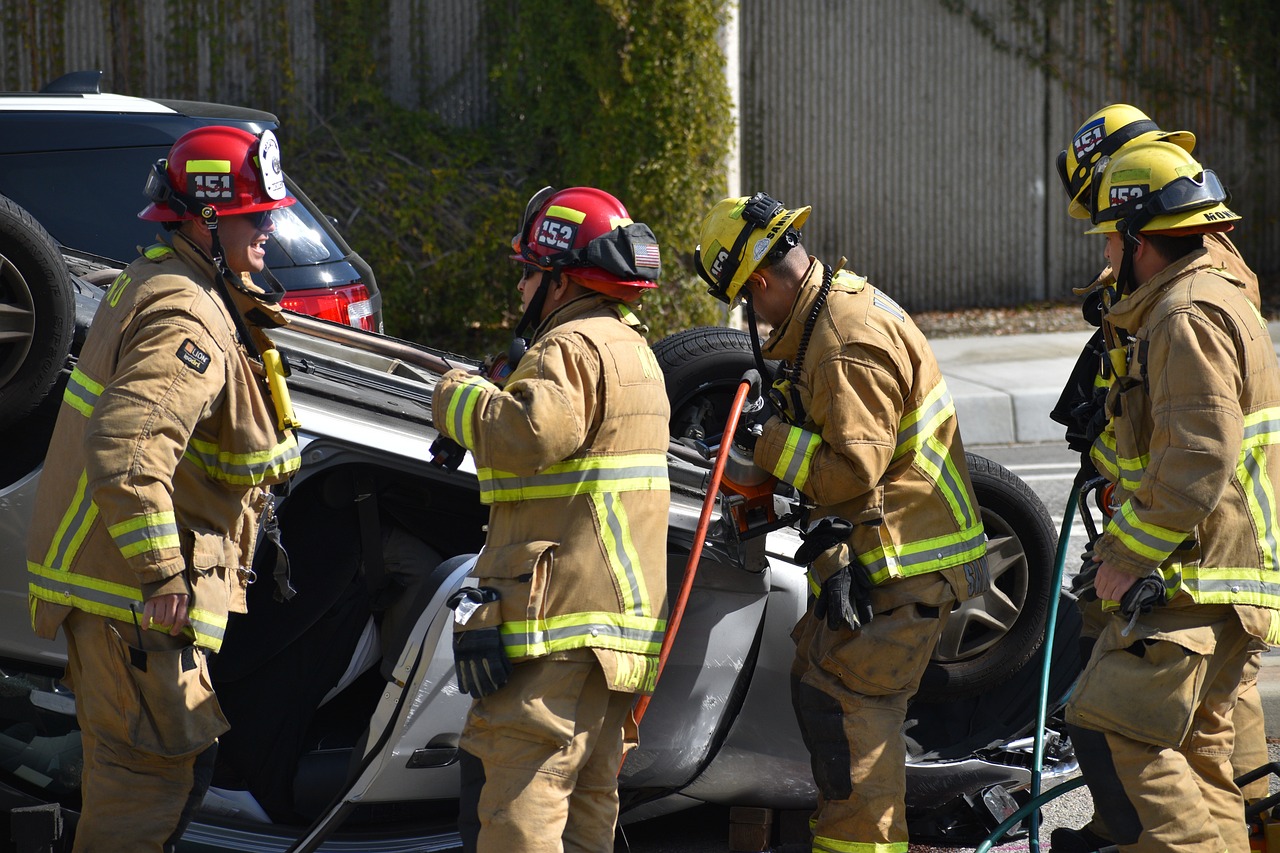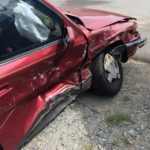A car crash can be one of the most traumatic events in a person’s life—physically, emotionally, and financially. If you’ve been injured in a car accident in Woodinville, Washington, knowing the right steps to take can make a significant difference in both your recovery and your legal options. This guide walks you through what to do after a crash, from immediate actions at the scene to longer-term considerations regarding medical treatment, insurance, and legal help.
Prioritize Safety and Call for Help
Immediately after an accident, your first priority should be safety. If you’re physically able, move your vehicle out of the flow of traffic to prevent further collisions. Turn on your hazard lights and check on others involved in the crash.
Contact Emergency Services
Always call 911 after a car accident involving injuries. Emergency personnel can assess injuries on the scene, and a police officer will create an official accident report. This report is often a key document in insurance and legal proceedings.
Seek Medical Attention Immediately
Even if you feel “okay” after a crash, it’s critical to get checked by a medical professional. Adrenaline and shock can mask pain, and some injuries like concussions, whiplash, or internal bleeding may not present symptoms immediately.
Follow Up with Treatment
Beyond the initial assessment, continue to monitor your symptoms. Keep a detailed medical record of every appointment, diagnosis, prescription, and therapy session. These documents will play a pivotal role if you need to file a personal injury claim.
Document the Accident Scene
Accurate documentation can be essential when dealing with insurance companies or pursuing legal action.
Take Photos and Videos
Use your phone to take clear pictures of the vehicles, license plates, road conditions, injuries, and any other relevant elements. Try to capture the scene from multiple angles.
Gather Witness Information
If there are witnesses, ask for their contact information and if they’d be willing to provide a statement. Eyewitness testimony can help verify your account of the events.
File a Report and Notify Your Insurance
Washington State law requires drivers to file an accident report with the Department of Licensing if there’s injury or damage exceeding $1,000. Additionally, notify your insurance provider as soon as possible. Most companies require prompt reporting as a condition for coverage.
Be Cautious When Speaking with Insurance Adjusters
Insurance representatives may contact you quickly after an accident. While you should be honest, it’s best not to make recorded statements or accept any settlement offers without fully understanding the implications. Insurance companies often aim to minimize payouts.
Understand Washington State’s Comparative Fault Law
In Washington, car accident claims operate under a comparative fault system. This means that more than one party can be held partially responsible for a crash. For instance, if you’re found to be 20% at fault, your compensation could be reduced by that percentage. Understanding this principle is crucial when negotiating with insurers or pursuing a legal claim.
Know When to Consult a Lawyer
If your injuries are severe, the insurance process is complicated, or the other party disputes liability, it’s wise to consult a personal injury attorney. Legal guidance can help ensure you receive fair compensation for your medical bills, lost wages, and pain and suffering.
For a list of essential traits to look for in legal representation, review this article. This resource can help you make an informed decision when hiring a lawyer who fits your needs.
Protecting Your Legal Rights
To protect your claim, avoid posting details about your accident or injuries on social media. Statements or photos shared online could be used against you in a dispute.
Consider the Statute of Limitations
In Washington, you generally have three years from the date of the car accident to file a personal injury lawsuit. Failing to file within this timeframe could mean forfeiting your right to compensation.
Access Public Resources and Data
Understanding crash trends and safety regulations can also offer context to your situation. The National Highway Traffic Safety Administration (NHTSA) provides valuable data, educational materials, and updates on vehicle recalls that may be relevant if a mechanical defect contributed to your crash.
Legal Representation in Woodinville
Navigating the aftermath of a car accident involves many moving parts—medical recovery, vehicle repairs, insurance negotiations, and potentially litigation. Choosing the right legal help can significantly improve your outcome.
A Woodinville car accident lawyer can guide you through your options, help you gather necessary evidence, and advocate on your behalf for maximum compensation. Legal professionals with local experience understand the nuances of Washington State law and how they apply to your unique case.
Check Verified Attorney Profiles
Before hiring legal representation, it’s a good idea to verify credentials and client reviews. Various platforms provide detailed profiles of attorneys, including their areas of expertise, years of experience, and client testimonials. Doing your homework can help you find a lawyer who aligns with your needs and expectations.
Conclusion
Being injured in a car accident is stressful and overwhelming, especially if you’re unsure what steps to take. Acting quickly and methodically—securing medical care, documenting evidence, and consulting a qualified attorney—can help protect both your health and your legal rights. Each case is different, but by following these guidelines, you can better position yourself for a smooth recovery and fair compensation.
If you’re in Woodinville and dealing with the fallout of a crash, remember that resources are available to help you get back on your feet—physically, financially, and legally.





